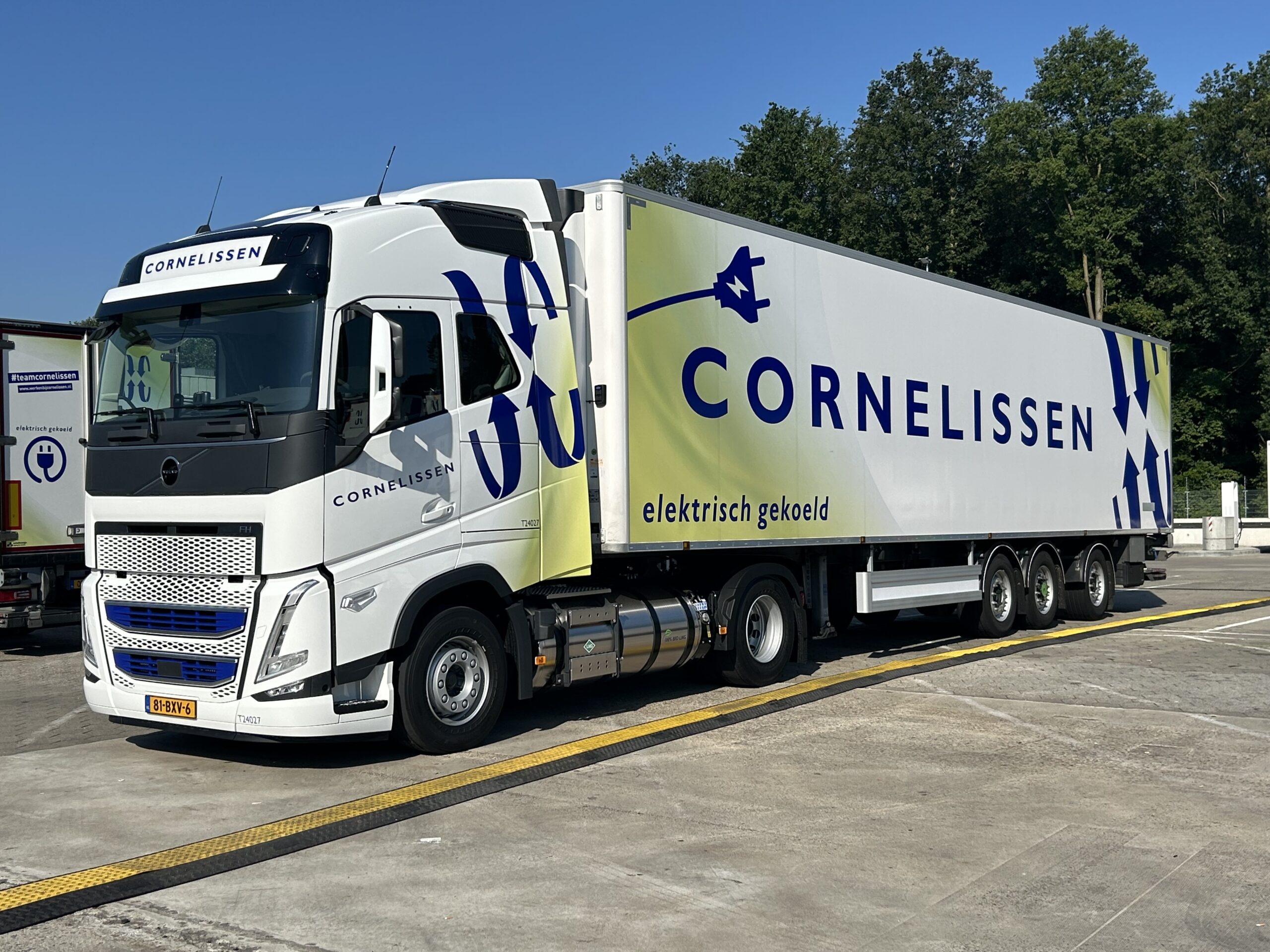The problem
BUKO had little control over their mobile traffic lights (VRIs) and a large part of their vehicle fleet. The location of the traffic lights was not visible, which resulted in time and resources being wasted on manually tracking them. In addition, there was a lack of sufficient monitoring and control over the use of their vehicles, which led to higher costs and inefficient deployment.
The lack of data also made it difficult to compile key reports, such as fuel consumption and carbon emissions – crucial for businesses with more than 100 employees. Furthermore, a lack of security measures left assets vulnerable to theft.
HubLogiQ's solution
HubLogiQ partnered with BUKO to implement a comprehensive IoT solution designed to provide both visibility and control.
Special trackers have been developed and built in for the mobile traffic lights. These trackers provide real-time insight into the location of the VRIs, making management easier and more efficient.
A new generation of trackers has been installed for the vehicles in the fleet. These trackers not only provide live location data, but also monitor the driving behavior of the drivers. With the help of built-in readers, it is now possible to determine exactly who is driving a vehicle. This function provides additional security and helps prevent theft.
An additional benefit is the introduction of monitoring for fuel and CO2 consumption. This functionality helps BUKO to meet legal reporting requirements and at the same time provides insights that contribute to a more sustainable business operation.
The result
Although the implementation is still ongoing, the first results are promising. BUKO now has better insight into the location and status of their mobile traffic lights, leading to more efficient management and lower operational costs.
The improved monitoring of the fleet has resulted in a higher level of safety and control. The risk of theft has been significantly reduced by the combination of trackers and the built-in readers. Furthermore, monitoring driving behaviour helps to promote safer driving and potentially lower insurance costs.
The ability to track fuel and CO2 consumption not only provides valuable data for internal reporting, but also supports sustainability goals and legal compliance.
While final results are still being mapped out, BUKO is expected to achieve significant cost savings and more sustainable, efficient operations.


